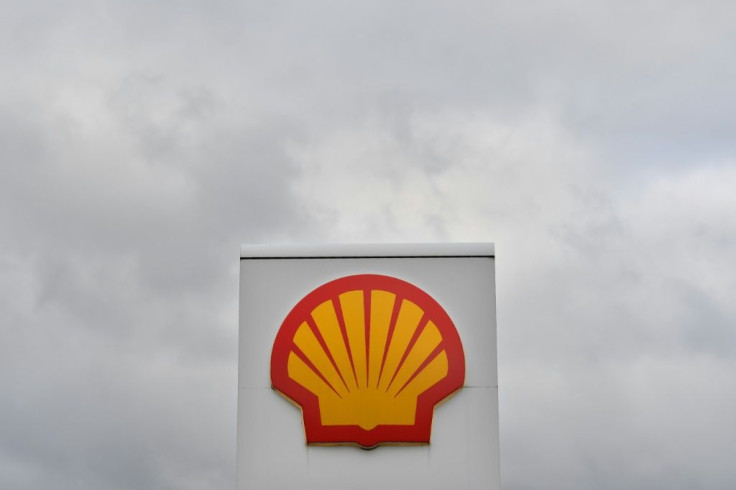Shell Posts Quarterly Loss As Charge Offsets Oil Surge
Royal Dutch Shell on Thursday reported a net loss for the third quarter as a huge sum written off by the energy giant offset a surge in oil prices.
Shell also announced plans to cut carbon emissions but its target was far from meeting a recent Dutch court order for a 45-percent reduction in its greenhouse gases by 2030.
Shell said its loss after tax came in at $447 million in the three months to the end of September after writing off $5.2 billion linked to commodity derivatives.
Stripping out the charge, adjusted earnings soared to $4.13 billion from $955 million in the third quarter of 2020.
Earlier this month, the group had already warned of a financial hit from the recent Hurricane Ida of about $400 million.
Shell said adjusted earnings benefited from higher oil and gas prices.
Energy prices have soared over the past year, pushing up inflation which threatens to weigh on the global economic recovery.
Shell chief executive Ben van Beurden said that the group had "generated record cash flow and maintained capital discipline" in the third quarter.
The group added that its so-called Scope 1 and Scope 2 greenhouse gas emissions will be cut in half by the end of the decade compared with levels in 2016.
Those concern its direct production emissions and those from purchased electricity.

But it excludes Scope 3 emissions, which concern the emissions from customers burning Shell's oil and gas, and are 90 percent of the total.
The new target is "an important step as we rise to meet the challenge of the Dutch court's ruling for our Scope 1 and 2 emissions, which Shell expects to meet by 2030", the company said.
Shell has envisaged a 45-percent reduction in all its greenhouse gas emissions by 2035 with the aim of reaching net zero emissions by mid-century.
"Looming over the company has been the ruling in a Dutch court that Shell must curb its emissions by 45 percent by 2030," noted Third Bridge energy analyst Peter McNally.
"While Shell is appealing the decision, the company is behaving as the other major oils have by practising capital discipline."
McNally said Shell's strategy to invest $2-3 billion per year in renewables was "well below the company's investments in its traditional oil and gas segments and the distributions to shareholders".
Shell is distributing $7 billion to shareholders from the sale agreed last year of its assets in the shale-oil rich Permian Basin of the United States to rival ConocoPhillips.
This despite Shell, like its rivals, having slumped into a huge loss in 2020 as the coronavirus pandemic slashed energy demand and prices.
Shell dived into a net loss of $21.7 billion last year as factories shut and planes were grounded.
That resulted in the group shedding thousands of jobs, also mirroring the likes of British rival BP.
After lockdowns began to spread towards the end of last year's first quarter, oil prices dropped off a cliff, even briefly turning negative.
Prices have since rebounded sharply, with the benchmark Brent North Sea oil contract trading around $85 per barrel.
Gas and electricity prices have also seen massive gains in recent months, boosting income for energy majors but weighing on business costs and individuals' spending power.
© Copyright AFP {{Year}}. All rights reserved.




















